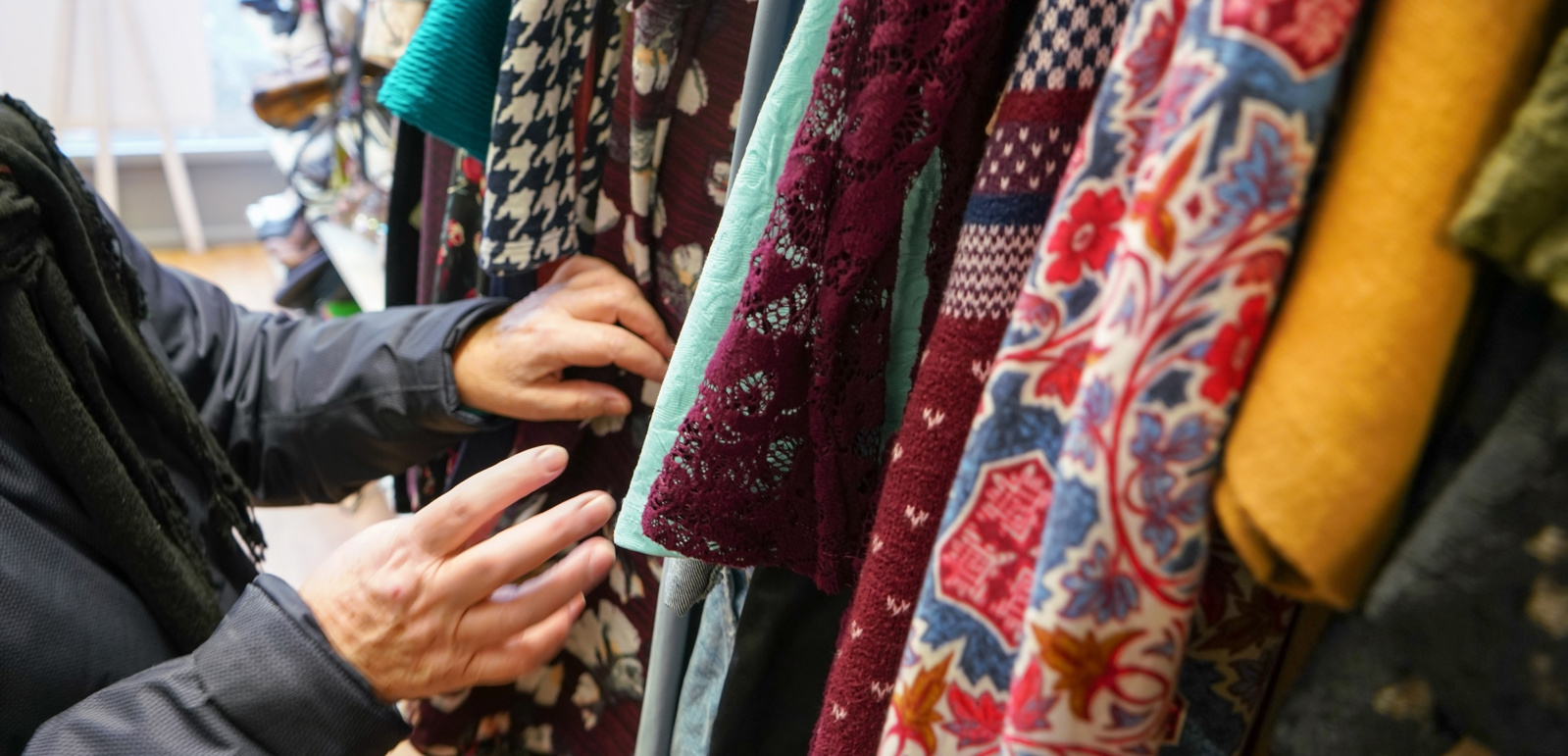New study of global circular clothing
2020-06-01

The clothing industry is one of the world's most polluting industries. The EU states that in order to make textile production and consumption more sustainable – while maintaining economic and social benefits – a shift towards new circular business models is needed.
The project is funded by the Kamprad Family Foundation with SEK 3,400,000 and is scheduled to start in January 2021.
It is carried out in collaboration with Linköping University and the Swedish Environmental Protection Agency. The project also includes a strategic partnership with a university in India: Indian Institute of Technology (IIT Delhi). In addition, CLOSeD will involve several Swedish, European, and Indian stakeholders.
At the University of Borås, there is a significant knowledge base in regards to circular clothing through research and education in textile management, the government commission Textile & Fashion 2030 and the platform Re:Textile. A new project is now being developed in the area: CLOSeD (Circular clothing dichotomies in global-local supply chain dispersion).
According to the European Environment Agency, textiles are a priority product category for the circular economy. It foresees the development of a circular system with a focus on sustainable resource use by 2025, says Rudrajeet Pal, Associate Professor of Textile Management and Project Leader for CLOSeD.
It is fashion vendors and charities that mainly work with second-hand clothing in Western economies. In developing countries, there are commercial sorters and final recyclers. All of these are part of a complex chain of goods.
"The project will enable a better understanding and explanation of the complex, globally dispersed trade and supply chains for second-hand clothing. At the same time, we will examine how current global and local conditions affect these cross-border supply chains in terms of creating and recovering value in a circular clothing economy and how it can be done more effectively," he explains.
What are you hoping for when it comes to results?
"At the end of the project, we hope that we have created actionable knowledge and that we have influenced the development of new circular supply chain models that can reduce the environmental impact of the clothing industry while creating sustainable value," he says.
He also talks about the ambition to develop a platform for knowledge sharing and learning among several stakeholders in the clothing industry involved in the project. This will be partly realized together with Textile & Fashion 2030.
"In the long term, we want to enable systemic scaled-up solutions that can mitigate challenges such as low proportion of recycled clothing, low fraction of reusable clothing, and low quality/low value of recycled clothing.
"We also want to enable the duplication or replication of the proposed solutions in similar or less complex industries with similar value chain challenges and formats (e.g. shoes, leather)," concludes Rudrajeet Pal.
Read more
The research group Textile Value Chain Management (TVCM)
Textile & Fashion 2030 (extern länk)
Re:Textile (extern länk)
Anna Kjellsson/Eva Medin
Mostphotos

